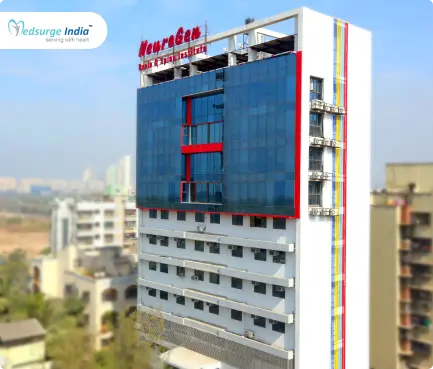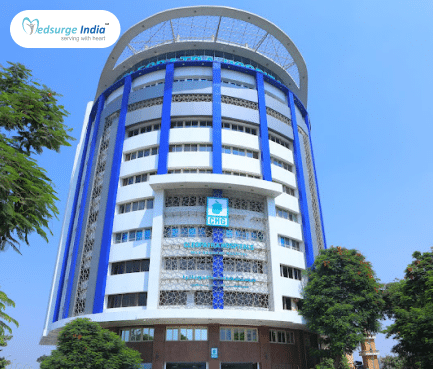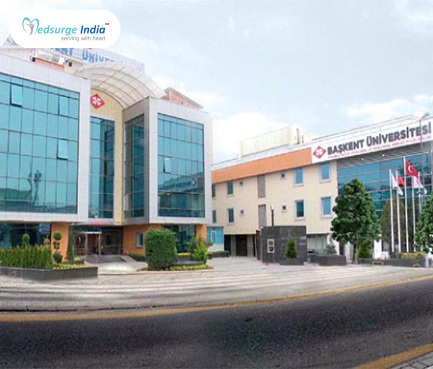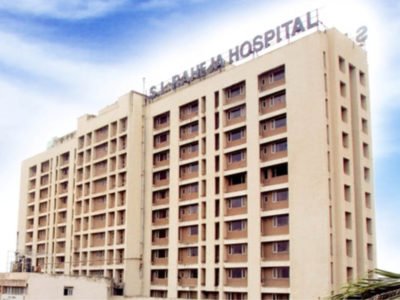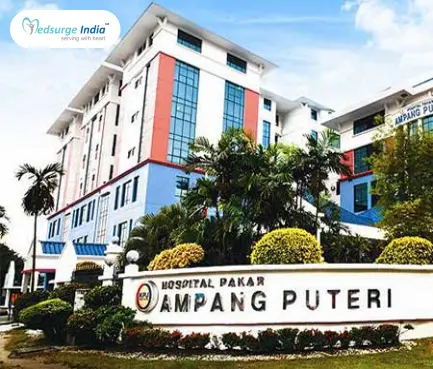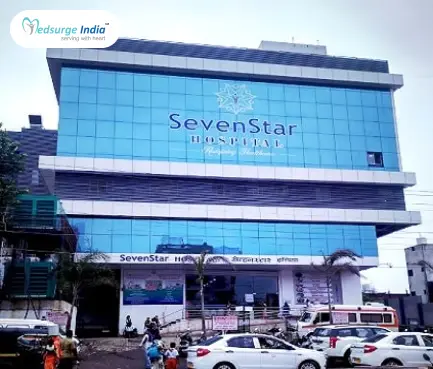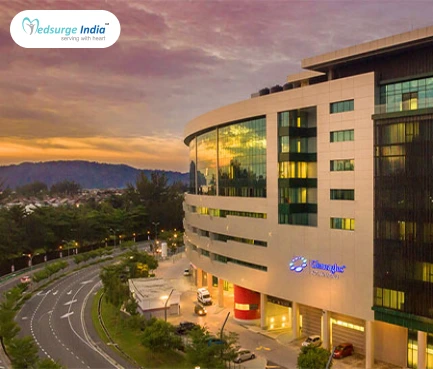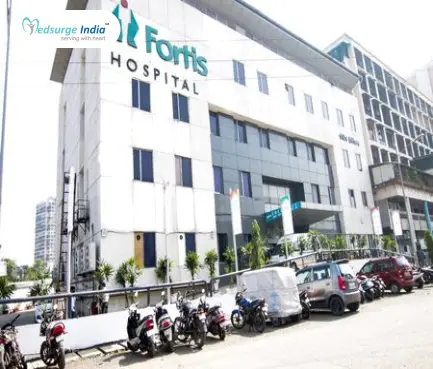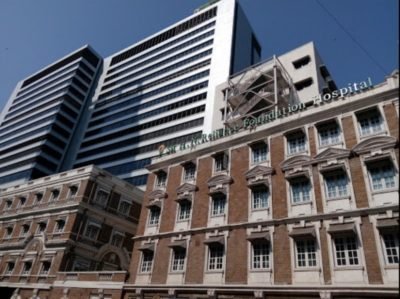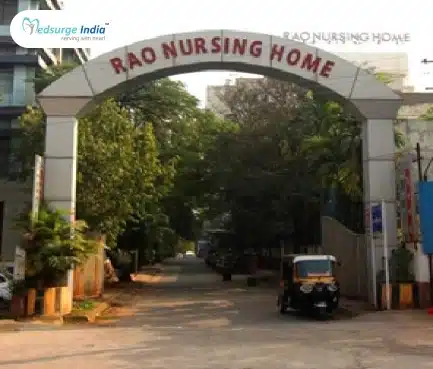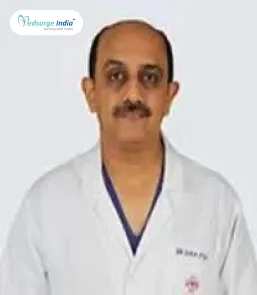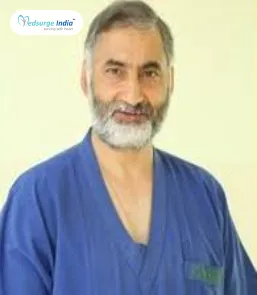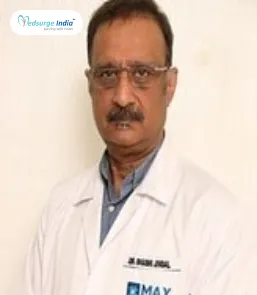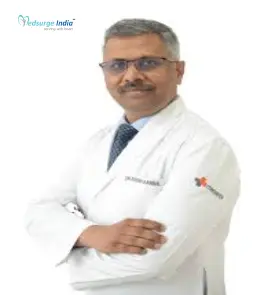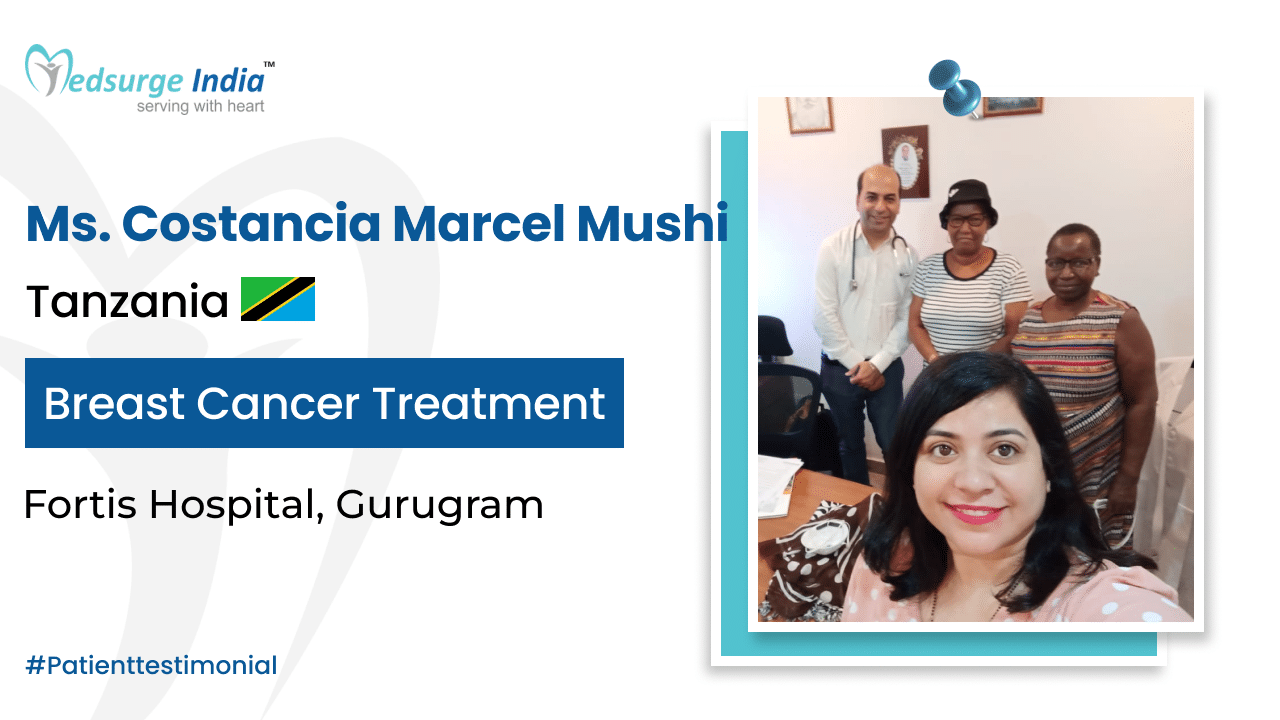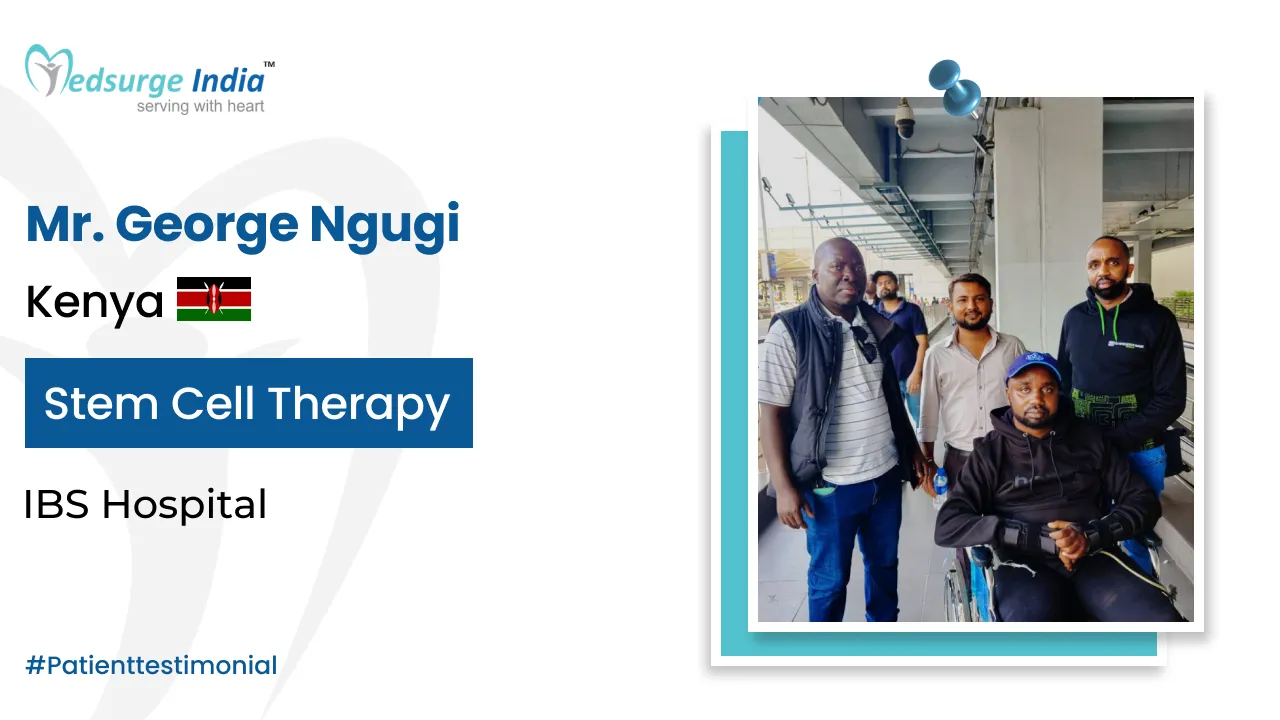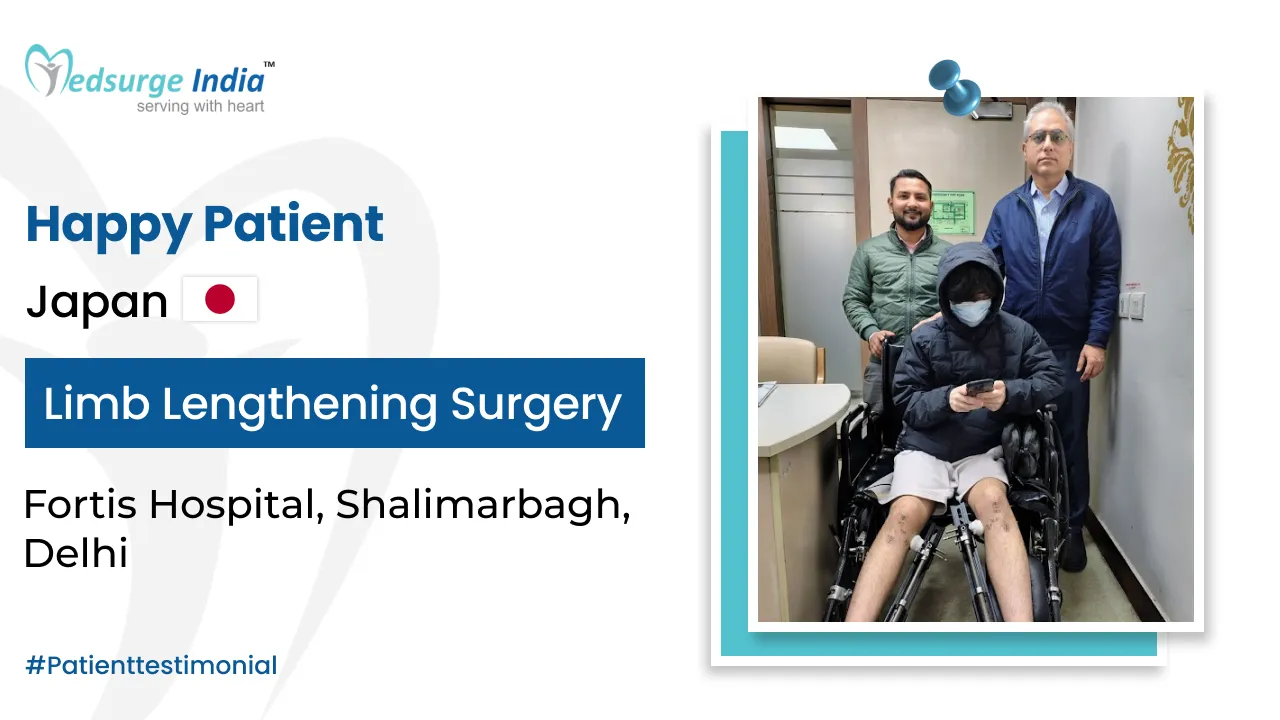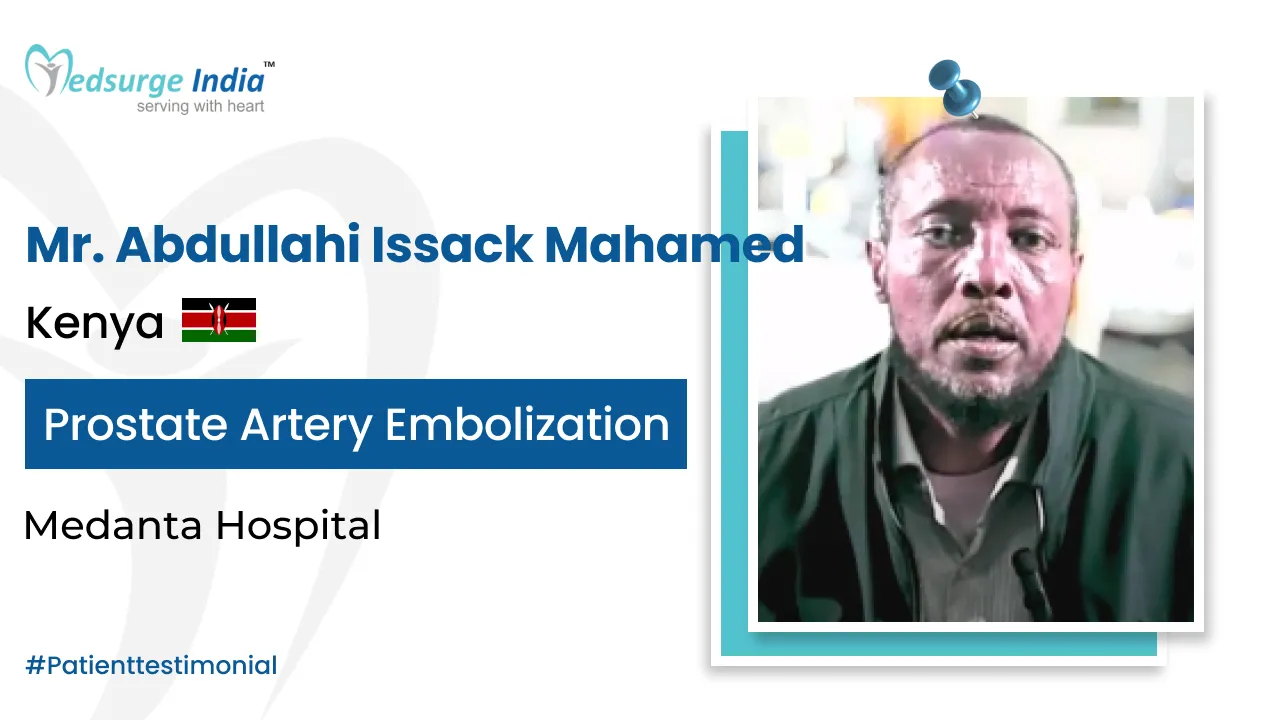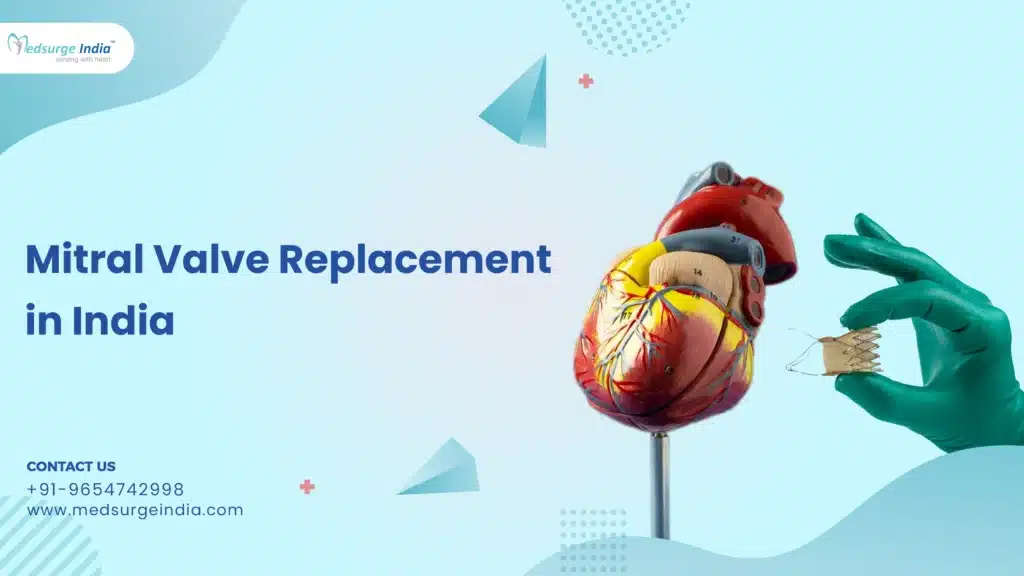
The mitral valve is one of the four essential valves within the heart. It is positioned between the left atrium, the upper left chamber, and the left ventricle, the lower left chamber. The mitral valve plays a crucial role in regulating blood flow by opening and closing appropriately. It is also referred to as the left atrioventricular valve.
Mitral Valve Replacement cost in India is quite affordable when compared to that of other wealthy nations. The success is partly attributable to the sophisticated medical technology found in Indian hospitals as well as the skills of cardiologists and cardiac surgeons. Aside from these advantages, another crucial factor for Mitral Valve Replacement cost in India is its appeal around the world is its inexpensive cost without compromising clinical standards.
Mitral valve Replacement Cost in India
Mitral valve replacement cost in India is influenced by various factors, such as expenses incurred before the procedure, costs associated with the procedure itself, the prices of balloons and stents, medication expenses, costs following the procedure, and hospital stay charges. Typically, the price can vary from around ₹2,00,000 to ₹10,00,000 ($2300 to $15,500).
Types of Mitral Valve Replacement Cost in India
| Types | Prices |
| Mechanical valves: Made from man-made materials, such as carbon and titanium, these valves are designed to last a lifetime. | $5000 |
| Biological valves: Made from human, pig, or cow heart tissue, these valves can last 10 to 15 years or longer. | $7300 |
Key Components Which Can Affect Mitral Valve Replacement Cost in India
Mvalve replacement surgery cost in India can be affected by several factors, including:
- Hospital: The hospital the patient chooses, its location, and its reputation can all impact mitral valve replacement surgery cost in India. Hospitals in metropolitan cities like Delhi, Mumbai, or Bangalore may charge more than those in smaller cities or towns.
- Room type: The type of room the patient is assigned to can affect the cost of mitral valve replacement in India.
- Doctors and OT: The fee for the team of doctors and operating room charges can affect the cost of mitral valve replacement in India.
- Medications: The cost of medications can affect mitral valve replacement cost in India.
- Tests and diagnostics: The cost of standard tests and diagnostics can affect the cost.
- Valve: The cost of the valve itself can affect the cost.
- Follow-up care: The cost of follow-up care required after the procedure can affect the cost of mitral valve replacement in India.
What Is Mitral Valve Replacement?
Mitral valve repair and replacement are surgical techniques used to repair or replace a heart valve that is leaky or stiff. The left and right heart chambers are separated by the mitral valve. Both open heart surgery and minimally invasive cardiac surgery can be used to carry out these procedures. A catheter-based method can also be utilized to fix a mitral valve problem. The severity of the mitral valve problem dictates the surgery that needs to be done.
Who May Need A New Mitral Valve?
Your mitral valve is harmed by mitral valve disease. Certain individuals have silent mitral valve disease, which means they don’t exhibit any symptoms until the damage is extremely advanced. One or more symptoms, including shortness of breath, lightheadedness, and a rapid heartbeat, may manifest.
There are numerous potential causes of mitral valve disease. Sometimes the condition is simply a result of the mitral valve degenerating and natural aging. Additionally, some medical conditions, including the following:
- heart disease
- coronary artery disease,
- rheumatic fever,
- an infection of the heart valves
- a prolapsed mitral valve.
What Techniques Are Used To Replace The Mitral Valve?
Currently, open cardiac surgery or a minimally invasive treatment can be used to replace the mitral valve.
- Open mitral valve replacement: To reach the heart and replace the deteriorated mitral valve with a synthetic valve, a significant incision is necessary. Depending on the patient’s health before to the procedure, recovery could take several weeks.
- Transcatheter mitral valve replacement (TMVR): This is a minimally invasive technique that requires only a small aesthetic incision. The percutaneous technique, which can be finished within an hour, reduces the dangers and length of the hospital stay.
What Are The Type of Tests and Diagnosis Done For The Procedure?
A physician may suggest various tests prior to initiating treatment in order to assess the patient’s condition. The following tests are conducted to diagnose the situation:
- Physical Evaluation: auscultation doctor will notice a heart murmur.
- Echocardiography: An echocardiogram helps your doctor know the mitral valve and also just how well it is working.
- Transesophageal Echocardiogram
- Electrocardiogram (ECG): An ECG can detect enlarged chambers of the heart, cardiovascular disease, and abnormal heart rhythms.
- Chest X-ray
- Cardiac MRI
- Stress Tests.
How Is the Procedure Done For Mitral Valve Replacement?
Mitral valve replacement in India a patient will collaborate with the healthcare provider and care team to get ready for the surgery. It is essential to adhere to the provider’s guidelines. The provider may advise you to:
- Discontinue specific medications in the weeks prior to your surgery, including blood thinners (anticoagulants) such as aspirin and warfarin.
- Partner with them to quit smoking.
- Use an antimicrobial soap for washing the night before your surgery.
- Take designated medications on the day of your surgery.
- Refrain from eating and drinking after a certain time on the day of your surgery.
During Procedure
- The process is performed under general anesthesia.
- IV line added a breathing tube is added.
- Incision produced in the center of the chest, the surgeon divides the sternum to expose the pericardium, then opens the pericardium to expose the heart.
- Connects the heart to a heart-lung machine, tubes can be utilized to reroute blood into a system that takes over the use of the lung and heart through the procedure.
- The heart is temporarily ceased and blood eliminated, the valve remains and enables the surgeon to view it.
- The surgeon makes an incision around the advantages of the valve and also replaces it.
After Procedure
- Following valve replacement, the patient normally will need to remain in the hospital for about a week.
- You’ll be held in an intensive care unit (ICU) for the initial days.
- The action of your heart, lungs, and physiological functions will be carefully tracked, the ventilator is going to be put till you can breathe.
- Draining tubing — little tubes out of the chest to drain any build-up of fluid or blood.
- Pacing cables — if necessary, these can be inserted close to the chest drains to control your pulse.
- Advised to stick to a cardiac rehab program.
- Avoid strenuous exercise, abrupt breeds, and heavy lifting for three months.
- You’ll have the ability to carry out normal activities after 4 to 6 weeks.
- Report to the doctor if any warning signs of disease.
- Consult with your physician regularly to test for the efficacy of coronary valves.
- When you’ve got a mechanical heart valve, then essential to take an anticoagulant medicine to help prevent clots.
What are the Advantages of Mitral valve Replacement Surgery?
Mitral valve repair offers several benefits compared to valve replacement, including:
- Enhanced survival rates during surgery and improved longevity post-operation.
- A more favorable quality of life.
- Greater preservation of cardiac function.
- Reduced risk of complications such as stroke and endocarditis.
- Elimination of the need for long-term anticoagulation therapy.
Healthcare providers typically recommend repair over replacement whenever feasible, as it is generally the superior choice for most patients with mitral valve regurgitation. It may also be advantageous for certain individuals with mitral valve stenosis.
However, valve replacement may be preferable in specific circumstances. It generally requires less time than repair surgery and is less intricate to execute. It is important to discuss with your healthcare provider which option is most suitable for your situation.
Best Hospital For Mitral Valve Replacement in India
- Fortis Hospital Gurgaon
- Medanta Hospital, Gurgaon
- Artemis Hospital Gurgaon
- Manipal Hospital Dwarka, Delhi
- Fortis Hospital Noida
- Fortis Hospital Vasant Kunj
- Amrita Hospital, Faridabad
- Global Hospital Mumbai
- Apollo Hospitals, Greams Road, Chennai
- MGM Healthcare, Chennai
Complications That Comes with Mitral Valve Replacement Surgery
Valve surgery may lead to several complications, including:
– Arrhythmias
– Bleeding
– Heart block
– Heart failure
– Infection
– Stroke
It is important to discuss with your healthcare provider all potential complications and strategies to minimize your risk.
Why India is a Top Destination For Mitral Valve Replacement?
India’s healthcare industry has advanced significantly over the past years, as seen by the notable accomplishments it has made. One of the industries that have contributed the most to revenue and is expanding quickly is healthcare. The healthcare sector is supported by both governmental and commercial entities. Mitral Valve Replacement in India is more focused on achieving a better outcome and which can help achieve a better result without damaging any other organs.
Mitral Valve Replacement in India has improved a lot and the success rate is on a par with top nations on the globe. India has access to cutting-edge medical equipment and highly qualified medical workers. The World Health Organization (WHO) and the US Food and Drug Administration support medical facilities and services. Additionally, India offers more accessible treatment options than the US and the UK without lowering the quality of healthcare. In juxtaposition with the US, India spends about one-fourth less on therapy.
India has an advantage over other countries in terms of medical tourism because of the following:
- The majority of the medical professionals working in Indian hospitals have received their training at medical centers in the US, Europe, or other affluent countries.
- The majority of medical professionals speak English well.
- Many hospitals in India have access to cutting-edge medical and diagnostic technology from large international enterprises.
- The best nurses in the world come from India. Nearly 10,000 nurses are graduated each year from India’s nearly 1000 accredited nurse training programs, the majority of which are affiliated with teaching hospitals.
- Even the most frugal traveler can afford premium services and opulent facilities.
Also Read:- Top 10 Cardiologists in India
How Can Medsurge India Help?
Medsurge India is a prestigious support system for patients looking for doctors, hospitals, and specialized treatments. We’ll find the most suitable medical options for you. Our team will provide you with a list of licensed, renowned, and trusted physicians and medical facilities in relation to your medical needs. Apart from that, we offer a treatment strategy that fits your budget and, we assist patients with obtaining travel authorizations, medical visas, and a multitude of other things.
Get Free Cost Estimation
The Most Important Frequently Asked Questions
Q: What Is Valve Replacement Surgery?
A: Replacing the older valve from the valve is known as a replacement operation. The surgeon can remove a part or all mitral valve and replace it with a brand new one.
Q: What Is Mitral Regurgitation?
A: Mitral regurgitation is a state wherein the Mitral valve doesn’t shut properly causing blood to flow back into the left atrium and hence into the lung.
Q: What Is Mitral Stenosis?
A: Mitral stenosis is a state wherein the Mitral valve has been narrowed and doesn’t open enough limiting blood death to the left ventricle.
Q: What Are the Risk Factors for Mitral Valve Disease?
A: Risk factors are:
- Older age
- History of certain infections that can affect the heart
- Some congenital heart disease
Q: What Happens When Mitral Valve Disease Is Not Treated?
A: If left untreated Mitral valve disease can cause many complications, including:
- Atrial fibrillation
- Pulmonary hypertension
- Blood clots
- Heart failure
- Stroke
Q: How Long it Takes to Recover from Valve Replacement Surgery?
A: The time that it takes to recuperate varies depending on factors like age and general health, normally two to three weeks to recuperate.
Q: What Are the Advantages of Valve Repair Over Valve Replacement?
A: Advantages to valve repair instead of replacement include:
- lower surgical mortality
- lower risk of stroke
- lower rate of endocardial infection
- After mitral valve repair, blood thinners are not required
Q: What Changes Do I Need to Make After Valve Replacement Surgery?
A: You want to create lifestyle changes, it’s necessary to eat healthily, do regular exercise, not smoke, take regular medicine.
Q: When Is Surgery Necessary in Mitral Valve Disease?
A: Surgery may be required if the valve has dropped so much that repair isn’t feasible or repair processes have already been performed and may flap no longer be repaired.
Q: What Are the Warning Signs After Surgery?
A: Warning signs are:
- Increasing redness, swelling or pain around the wound
- Pus from the wound
- Fever
- Increasing shortness of breath
Q: How Long Will I Be Hospitalized After Surgery?
A: After surgery, you’ll be in the hospital for approximately 7-10 days.
Q: What Are the Advantages of Minimally Invasive Procedures?
A: Minimally invasive procedure has many benefits:
- Less pain and blood loss
- Reduced infection chances
- Faster Recovery
Q: Will a Repeat Surgery Be Required to Replace the Artificial Valve?
A: Artificial valves last only for a limited time. Having valve surgery again depends on type of valve you have and other comorbid conditions.
Top Hospitals for Mitral Valve Replacement in India
Top Doctors for Cardiology And Cardiac Surgery
Dr. Ravi M N
Senior Consultant
Experience: 25+ years of experience
Narayana Multispeciality Hospital, R S Naidu Nagar, Mysore
Mysore, India
Dr. Koushik Dasgupta
Senior Consultant
Experience: 12+ years of experience
NH Rabindranath Tagore International Institute of Cardiac Sciences, Kolkata
Kolkata, India
Dr. Pankaj Ranjan
Consultant
Experience: 15 years of experience
Yatharth Super Specialty Hospital, Greater Noida
Noida, India
Dr. Pankaj Singh
Senior Consultant
Experience: 27+ years of experience
NH Rabindranath Tagore International Institute of Cardiac Sciences, Kolkata
Kolkata, India
Dr. Kavya Mallikarjun
Consultant
Experience: 15 years of experience
Manipal Hospital (Old Airport Road) Bangalore
Bangalore, India
Dr. Bharath Reddy D
Senior Consultant
Experience: 30 years of experience
Medicover Hospital, Hitec City
Hyderabad, India
Dr. Shashi Jindal
Director
Experience: 36 years of experience
Max Superspecialty Hospital, Mohali
Mohali, India
Dr. Pravin Kahale
Consultant
Experience: 11 years of experience
Kokilaben Dhirubhai Ambani Hospital Mumbai
Mumbai, India
Dr. Deepak Natarajan
Director
Experience: 35 years of experience
Venkateshwar Hospital, New Delhi
New Delhi, India
Dr. Sridhar L F
Consultant
Experience: 27 years of experience
Apollo Hospitals, Greams Road, Chennai
Chennai, India
Dr. Auriom Kar
Senior Consultant
Experience: 13+ years of experience
Narayana Multispeciality Hospital, Barasat, Kolkata
Kolkata, India
Dr. Sanjay Chugh
Senior Consultant, MBBS, MD, DM, New Delhi, India
Experience: 36 years of experience
Fortis Memorial Research Institute, Gurgaon
Gurgaon, India
Dr. C. S. Agarwal
Associate Director
Experience: 30 years of experience
Medanta – The Medicity, Gurgaon
Gurgaon, India
Dr. Manish Bansal
Director
Experience: 20 years of experience
Medanta – The Medicity, Gurgaon
Gurgaon, India



